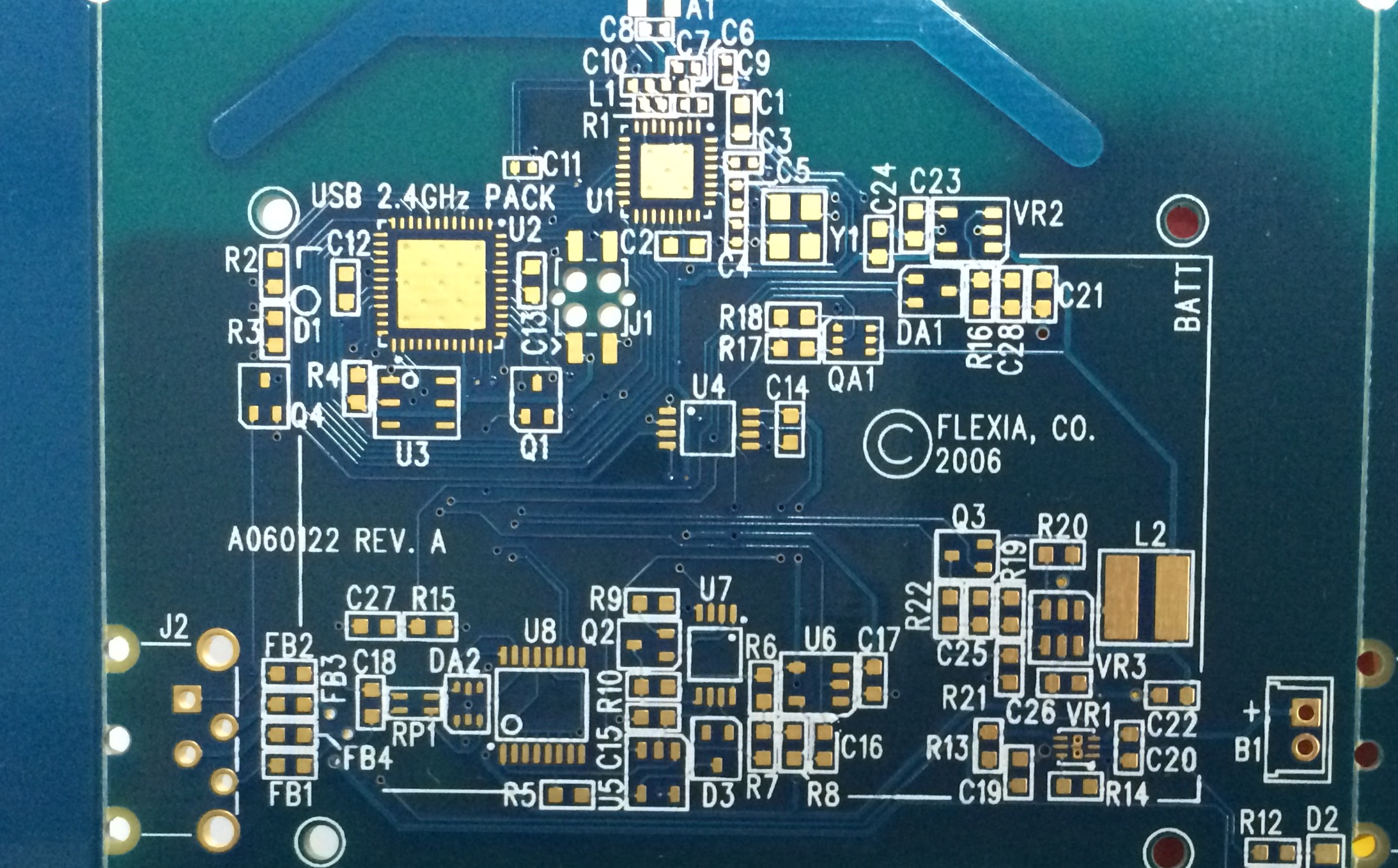
Choosing the right Printed Circuit Board (PCB) supplier is crucial for the success of any electronics manufacturer. Whether you’re a small business building prototypes or a large corporation producing mass quantities, partnering with the right Printed Circuit Board supplier can impact everything from the quality of your final product to your bottom line. But with numerous suppliers available, how do you identify the one that will meet your business needs? In this blog, we’ll outline the key factors to consider when selecting a reliable Printed Circuit Board supplier, so you can make a confident and informed decision.
Assess the Supplier’s Manufacturing Capabilities
When choosing a Printed Circuit Board supplier, one of the first things to evaluate is their manufacturing capabilities. Every PCB design has unique specifications, so it’s vital that your supplier can handle the complexity and volume of your orders. Here are some key questions to consider:
- Can the supplier produce PCBs that meet your specific technical requirements, such as layer count, thickness, or material types?
- Does the supplier have the equipment and expertise to handle advanced technologies like high-density interconnects (HDI), flexible PCBs, or rigid-flex boards?
- What is their production capacity? Can they handle both small-batch prototypes and large-scale production?
A supplier with robust capabilities will ensure that they can meet your needs now and scale up as your business grows. It’s important to request detailed information about their manufacturing processes, equipment, and quality control procedures to ensure they align with your technical specifications.
Verify Certifications and Quality Standards
One of the most critical aspects of choosing a reliable Printed Circuit Board supplier is ensuring that they meet industry certifications and quality standards. Certification not only guarantees that the supplier adheres to specific regulations but also ensures the quality and reliability of the PCBs they produce.
Some key certifications to look for include:
- ISO 9001: A standard that focuses on quality management systems, ensuring that the supplier consistently meets customer and regulatory requirements.
- UL Certification: Ensures that the materials used in the PCB meet strict safety and environmental standards.
- IPC Standards: These standards set the benchmark for PCB design, manufacture, and performance. A supplier that complies with IPC standards will likely deliver PCBs with fewer defects and higher reliability.
Working with a Printed Circuit Board supplier that holds these certifications is a clear indicator of their commitment to quality and consistency. Be sure to ask for proof of certification and inquire about their internal quality control processes, such as inspection techniques, testing protocols, and defect management.
Evaluate Their Experience and Expertise
Experience matters, especially when it comes to complex manufacturing processes like PCB production. An experienced Printed Circuit Board supplier will have a deep understanding of the industry’s intricacies and be able to navigate common pitfalls that newer suppliers might overlook.
When evaluating experience, consider the following:
- How long has the supplier been in business?
- Do they specialize in the type of PCBs you need, such as multilayer boards, flexible circuits, or high-speed PCBs?
- Have they worked with companies in your industry or similar applications?
An experienced supplier is more likely to provide valuable insights into your project, helping you avoid design flaws, reduce production costs, and ensure timely delivery. They should also have a strong track record of delivering high-quality products and meeting deadlines.
Check Lead Times and Delivery Reliability
In the fast-paced electronics industry, time is often a critical factor. Delays in PCB delivery can lead to production bottlenecks, missed deadlines, and unhappy customers. A reliable PrintedCircuit Board supplier should provide transparent and realistic lead times, while also having a proven track record of on-time delivery.
When evaluating a supplier’s delivery reliability, ask these questions:
- What are their standard lead times for both prototypes and large production runs?
- Do they offer expedited production options for urgent orders?
- How do they handle unforeseen delays or challenges, such as supply chain disruptions or equipment malfunctions?
Suppliers with strong logistics networks and efficient production processes can help you avoid costly delays. It’s also worth checking customer reviews and testimonials to see if other businesses have experienced delivery issues with the supplier.
Request Samples and Test Runs
Before committing to a long-term relationship with a Printed Circuit Board supplier, it’s essential to test the quality of their products. Requesting samples or small test runs allows you to evaluate the supplier’s capabilities and verify that their PCBs meet your standards.
Here are some things to look for when inspecting samples:
- Build quality: Ensure there are no defects such as scratches, misalignments, or warping.
- Electrical performance: Test the PCB to ensure it meets your performance specifications and functions as intended.
- Durability: Consider subjecting the PCB to environmental testing, such as temperature and humidity tests, to ensure it can withstand the conditions in which it will be used.
A reputable Printed Circuit Board supplier should be willing to provide samples or pilot runs to demonstrate their quality and reliability before committing to larger orders.
Consider the Cost-to-Quality Ratio
While price is always a consideration, it should not be the sole determining factor when choosing a Printed Circuit Board supplier. It’s important to balance cost with quality, reliability, and service. A low-cost supplier may cut corners on materials or testing, leading to poor-quality PCBs that can cause significant problems down the line.
When evaluating pricing, ask yourself:
- Does the supplier offer competitive rates without sacrificing quality?
- Are there hidden fees for things like expedited delivery, testing, or additional layers?
- Are their pricing structures flexible enough to accommodate both small and large orders?
By comparing quotes from multiple suppliers and weighing them against their experience, quality standards, and capabilities, you’ll be better equipped to choose a supplier that offers the best value for your money.
Customer Support and Communication
The best Printed Circuit Board suppliers are those that offer excellent customer service and maintain clear communication throughout the entire process. PCB production can be complex, and you need a supplier who is responsive and proactive in addressing your concerns or resolving issues that may arise.
When evaluating a supplier’s customer service, consider:
- How quickly do they respond to inquiries?
- Are they willing to offer technical support and advice during the design and production process?
- Do they provide clear and detailed updates about your order status?
Effective communication is key to a successful partnership. A supplier that values customer satisfaction will work closely with you to ensure your needs are met and will be transparent about any potential challenges.
Conclusion
Choosing the right Printed Circuit Board supplier is a critical decision that can have a lasting impact on your business’s success. By assessing manufacturing capabilities, verifying certifications, evaluating experience, and ensuring reliable delivery, you can find a supplier that meets your specific needs. Keep in mind that quality, reliability, and customer service are just as important as price when making your final decision.
Working with a reliable Printed Circuit Board supplier not only ensures that your products are of the highest quality but also supports your ability to meet deadlines, maintain a professional reputation, and grow your business.


